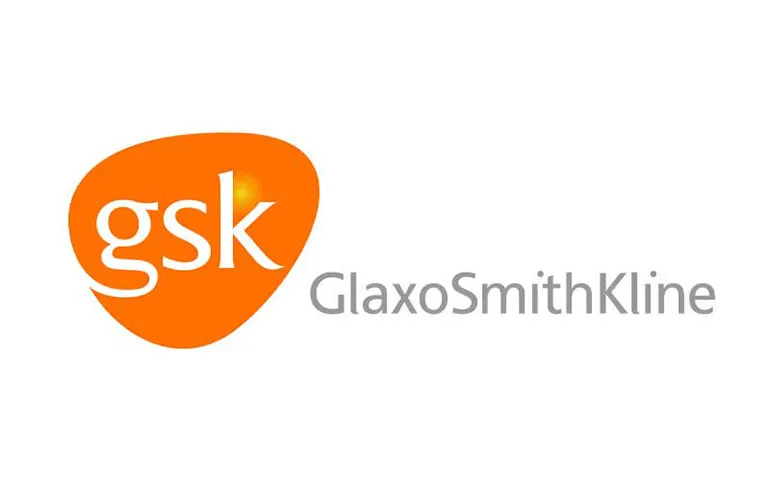
GSK’s Shingrix Receives Approval in China to Protect Immunocompromised Adults Against Shingles
GSK plc (LSE/NYSE: GSK) today announced that the China National Medical Products Administration (NMPA) has granted approval for Shingrix—GSK’s Recombinant Zoster Vaccine (RZV)—for the prevention of shingles (herpes zoster) in adults aged 18 years and older who are at increased risk due to immunodeficiency or immunosuppression arising from known disease or therapy. This approval marks a significant step forward in protecting vulnerable patient populations in China from a disease that can cause considerable pain and long-term complications.
Shingles: A Significant Health Burden
Shingles is caused by reactivation of the varicella-zoster virus, which remains dormant in nerve cells after a previous chickenpox infection. In China alone, shingles affects approximately six million people annually, imposing a substantial burden on both patients and the healthcare system. While advancing age is a well-known risk factor, other conditions—including immunodeficiency or immunosuppression resulting from disease or medical therapies—significantly elevate the likelihood of developing shingles. Until now, no other shingles vaccine has been approved for these high-risk groups in China, leaving many patients without protection.
The symptoms of shingles are often severe and debilitating. Patients describe the pain as aching, burning, stabbing, or shock-like, and it can last for weeks to months. In addition to physical discomfort, shingles-associated pain frequently impairs quality of life, interfering with sleep, daily activities, and the ability to work or attend school. Chronic pain, known as postherpetic neuralgia (PHN), is one of the most common long-term complications of shingles, disproportionately affecting individuals with compromised immune systems.
By gaining NMPA approval, GSK’s Shingrix extends its reach to the populations most vulnerable to shingles, providing an important preventive option for adults whose immune systems are weakened by medical conditions or treatments.
Expanding Access for High-Risk Patients
Sanjay Gurunathan, Senior Vice President of Vaccines and Infectious Diseases R&D at GSK, commented:
This approval marks a critical milestone in expanding access to GSK’s RZV for those at higher risk of what can be a disrupting and devastating disease. Through close collaboration with regulatory bodies, we continue to drive innovation that helps protect vulnerable patient groups and shift the focus of healthcare systems toward prevention of diseases like shingles.”
The approval reflects GSK’s commitment to addressing unmet medical needs in populations that are particularly susceptible to infectious diseases. Immunocompromised patients—such as those who have undergone blood-forming stem cell transplantation, kidney transplantation, or treatment for blood cancers, solid tumors, or HIV—face a significantly elevated risk of shingles and its complications. Shingrix is the first and only shingles vaccine approved in China for this population, offering a much-needed preventive solution.
Clinical Evidence Supporting Approval
The NMPA application for Shingrix was supported by evidence from six clinical trials involving adults aged 18 and over with varying forms of immunocompromise. These trials evaluated the safety, immunogenicity, and efficacy of Shingrix in individuals who had recently undergone stem cell transplantation, kidney transplantation, or who were living with hematologic malignancies, solid tumors, or HIV infection.
The clinical data consistently demonstrated that Shingrix elicited robust immune responses and was generally well tolerated across all studied populations. Participants experienced strong antibody responses against the varicella-zoster virus, suggesting effective protection from shingles, while maintaining an acceptable safety profile. Most adverse events were mild to moderate and transient, consistent with prior studies in immunocompetent adults.
By demonstrating both efficacy and safety in immunocompromised adults, these studies provided the critical evidence necessary for regulatory approval and reinforced Shingrix as a vital tool in preventing shingles in high-risk populations.
Shingrix: A Recombinant Zoster Vaccine
Shingrix is a non-live, recombinant vaccine that includes a glycoprotein E antigen combined with GSK’s proprietary AS01B adjuvant system, designed to enhance immune response. Unlike live vaccines, Shingrix can be safely administered to immunocompromised individuals, making it particularly suitable for patients whose immune systems are weakened by underlying conditions or medical therapies.
The vaccine is administered in two doses, typically spaced two to six months apart, to provide strong and lasting immunity against shingles. Its mechanism of action stimulates both humoral and cell-mediated immunity, which are critical for preventing reactivation of the varicella-zoster virus in nerve cells.
Public Health Impact in China
With an aging population and increasing numbers of immunocompromised individuals due to medical therapies, the burden of shingles in China is expected to rise in the coming years. The approval of Shingrix for high-risk adults provides an essential preventive measure that can reduce disease incidence, prevent complications, and improve quality of life for those most vulnerable.
Healthcare professionals now have access to a clinically proven, safe, and effective vaccine for patients previously lacking protection against shingles. By expanding coverage to adults aged 18 and over with immunodeficiency or immunosuppression, GSK is helping to bridge a significant gap in preventive care.
GSK continues to focus on driving innovation in vaccine development, particularly for populations with unmet medical needs. This approval in China is part of GSK’s broader strategy to ensure that life-changing vaccines reach patients globally, particularly those who are most vulnerable to preventable infectious diseases.





